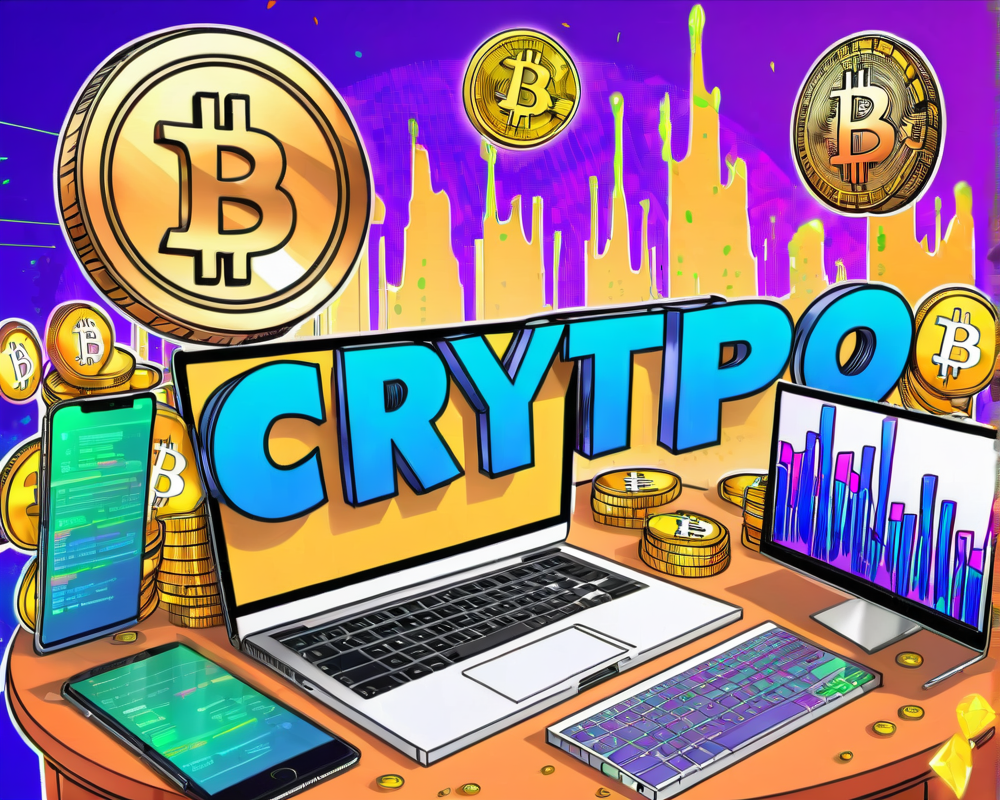In the Eye of the SEC Storm
The Solana Foundation has entered the combat zone of the U.S. Securities and Exchange Commission (SEC), fighting back against the recent classification of its native token, SOL, as a security. This clash found its way onto Twitter, where the Foundation stated unequivocally, “The Solana Foundation disagrees with the characterization of SOL as a security.” The statement hints at a broader desire for legal clarity in the ever-complicated digital asset landscape.
What is Solana (SOL) Anyway?
Launched to the public in March 2020, Solana’s utility token, SOL, is not just a digital coin; it’s a powerhouse that allows holders to stake and validate transactions, accrue rewards, pay fees, and even take part in governance. In the grand scheme of crypto, SOL is like that Swiss Army knife everyone thinks they need until they buy a fancy new gadget.
The SEC’s Big Decision
On June 5 and 6, the SEC didn’t hold back in its legal moves against renowned crypto exchanges, declaring SOL, among other tokens, a security. This ruling is backed by the idea that investors expect profits from the hard work of others, and the way tokens are marketed plays a core role in this classification.
- SEC’s classification implications:
- Different regulation and compliance requirements
- Increased scrutiny of digital assets
“This classification is significant,” noted the Foundation, aptly recognizing the gravity of the situation. They are now teaming up with legal experts and the SEC to strategize around how to tackle these new challenges.
Token Classification Chaos
In the SEC’s onslaught, Solana wasn’t alone; a smorgasbord of tokens faced the axe. Among those listed alongside Solana in the Binance lawsuit were BNB, Cardano, and Polygon, with another list sprouting from the Coinbase litigation carrying a sweep of 13 additional cryptocurrencies. It’s starting to sound like a game of digital poker, and everyone is holding a hand of questionable legitimacy.
Solana’s Past: Selling Securities or Just Business?
To further complicate matters, it’s important to consider Solana’s previous moves. They conducted private sales of tokens to institutional investors, employing a structure known as a Simple Agreement for Future Tokens (SAFT). This approach positions them uncomfortably close to the securities line. Notably, a public sale during Solana’s ICO raised nearly two million bucks, all from token sales at just 22 cents a pop. It’s safe to say that was a bargain back in the day, at least until the token became a legal football.
The Legal Insight
Industry insiders are chiming in too. Legal expert Matt Levine weighed in on the debate, suggesting that the trajectory of digital assets should not automatically assign them security status due to past sales. From his perspective, it’s a muddled issue of operational realities versus legal classifications.
Final Thoughts
As the dust continues to settle from this recent chain of events, one thing is clear: the Solana Foundation is not backing down. Their healthy dose of engagement with policymakers signifies their commitment to not just survive but thrive amidst rigorous regulations. While they may be facing a significant challenge, the world of crypto is always unpredictable – and that’s what keeps things interesting!




